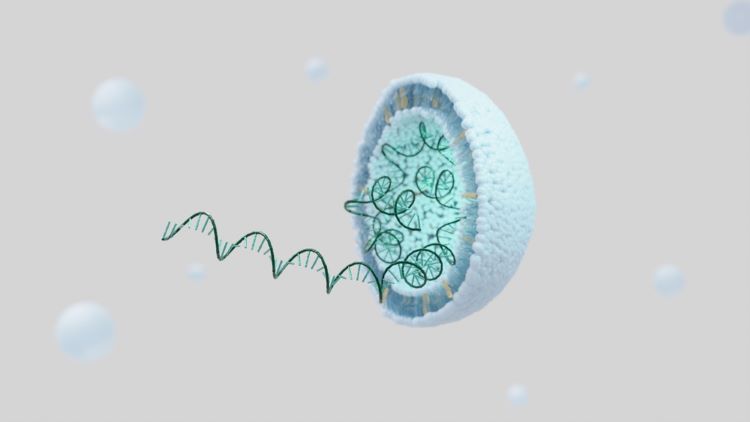mRNA cancer vaccine granted world-first approval
Posted: 10 May 2024 | Catherine Eckford (European Pharmaceutical Review) | No comments yet
Once commercialised, the mRNA therapeutic cancer vaccine will offer a new option to treat advanced Epstein–Barr virus-positive solid tumours and haematologic malignancies.


The US Food and Drug Administration (FDA) has granted the first approval of an Epstein–Barr virus-related mRNA therapeutic cancer vaccine.
authorisation of the [mRNA therapeutic cancer vaccine by] the FDA represents a significant advance in cancer treatment”
Biotech company WestGene has received the investigational new drug (IND) approval for its mRNA vaccine, WGc-043.
This authorisation of the immunotherapy from the FDA “represents a significant advance in cancer treatment”, stated WestGene. The FDA’s decision means that patients with advanced Epstein–Barr virus-related cancers will be given another treatment option.
Over ten malignancies, are “highly correlated” with Epstein–Barr virus, according to WestGene. These include nasopharyngeal carcinoma (NPC), natural killer T-cell lymphoma (NKTL), lung cancer, liver cancer and breast cancer. Autoimmune diseases such as multiple sclerosis also have a strong link to this virus. These conditions are potential indications for WGc-043, the company added.
Promise of the cancer therapeutic vaccine
The biotech shared that the mRNA therapeutic vaccine has “promising efficacy, low toxicity, broad applicability, efficient scalability, and cost effectiveness” in cancer.
For instance, its potential was reported following investigator-initiated trials in nasopharyngeal carcinoma (NPC) and natural killer T-cell lymphoma (NKTL). WGc-043 demonstrated “superior safety and efficacy compared to other publicly available mRNA therapeutic cancer vaccines”, WestGene explained.
Future of mRNA therapeutics
On its website, the company noted that mRNA vaccines first became prominent in the market during the COVID-19 pandemic. It highlighted that current challenges in mRNA therapeutics include mRNA sequence optimisation, targeting delivery system and large-scale manufacture and long-term storage.
The WGc-043 therapeutic vaccine is indicated for cancer and utilises mRNA technology. Therefore, the FDA’s approval aligns with findings from a recent market report. Two of the main factors influencing the growth of the injectable drug delivery market were reported to be the further advancement in technology and a greater prevalence of chronic disease. Overall, the report predicted that the market will value $1139.4 billion by 2029.
Related topics
Data Analysis, Drug Safety, Immunisation, Immunotherapy, Industry Insight, mRNA, Regulation & Legislation, Research & Development (R&D), Technology, Therapeutics, Vaccine Technology, Vaccines, Viruses
Related organisations
Related diseases & conditions
Cancer, Epstein-Barr Virus (EBV), haemolytic disease, solid tumours









